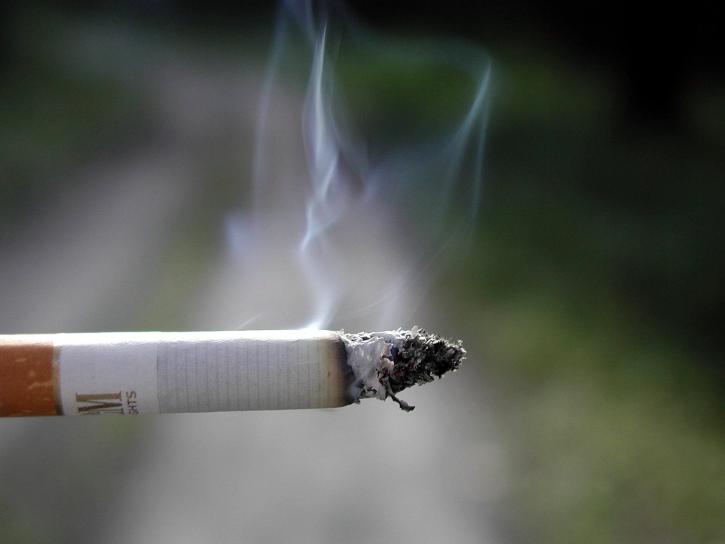MALAYSIA has the potential to successfully reduce its smoking prevalence by adopting tobacco harm reduction (THR) strategies.
UK-based THR advocate Clive Bates added that “not only does Malaysia have the chance to cut smoking rates dramatically and have a huge positive impact on smoking-related disease, but it could also become a world leader of it.”
Following his presentation at the recent virtual UK ECig Summit, he told FocusM that the Malaysian vaping industry is sophisticated, and local studies have shown that vape products are already working to displace smoking.
To continue in this momentum, Bates highlighted three key points. “First, we must agree on the public health goal, and this should be eliminating the serious diseases caused by smoking like cancer and emphysema,” the Smoking and Health UK former director of action pointed out.
“Second, everyone involved needs to be truthful about the huge difference in risk between smoking and vaping, and recognising that mass switching to vaping could make a huge difference to the disease burden.”
Thirdly, government and health organisations need to be pragmatic and back whatever works to help people stop smoking.
According to Bates, Malaysia can begin pursuing THR by approaching vape through a risk-proportionate lens – be it when developing regulations or a taxation framework.
When it comes to regulations, he explained that a risk-proportionate method means imposing restrictions in proportion to the risk to health posed by the product.
“For example, this means high tax on high-risk products and low or zero tax for low-risk products,” proposed Bates.
“Prohibit advertising of high-risk products but allow controlled advertising for low-risk products, so it doesn’t appeal to youth or non-smokers. Ban online sale of high-risk products but allow it for low-risk products with age controls.”

Bates expressed concern that regulation can cause harm by perpetuating smoking if they make vape less accessible or acceptable, more expensive, less consumer friendly, pharmacologically less effective and inhibits innovation.
“The Malaysian Government and regulatory institutions are more than capable of delivering risk-proportionate regulations if they have a political mandate to do that,” he pointed out.
On the recent announcement by the Government to introduce an excise duty of RM1.20 per millilitre for vape liquids, Bates opined that this move may be counter-productive.
In previous media reports he said “the reason for this is economical because vape products are substitutes”.
“If you raise the price of vape products, you get more cigarette consumption. This increases cancer, heart disease, and all the other diseases that come along with smoking.”
Nevertheless, Bates said if the Malaysian Government were to implement vape taxation, the risk proportionality should be considered, and that means a much lower tax burden on vape so that smokers should have a fiscal incentive to switch from smoking to vaping.
“The only thing that really creates more dangerous products is black markets and criminal supply chains. These emerge where prohibition, excessive regulation or punitive taxation make the legal vaping products unattractive, inaccessible or too expensive,” he added. – Jan 22, 2022










